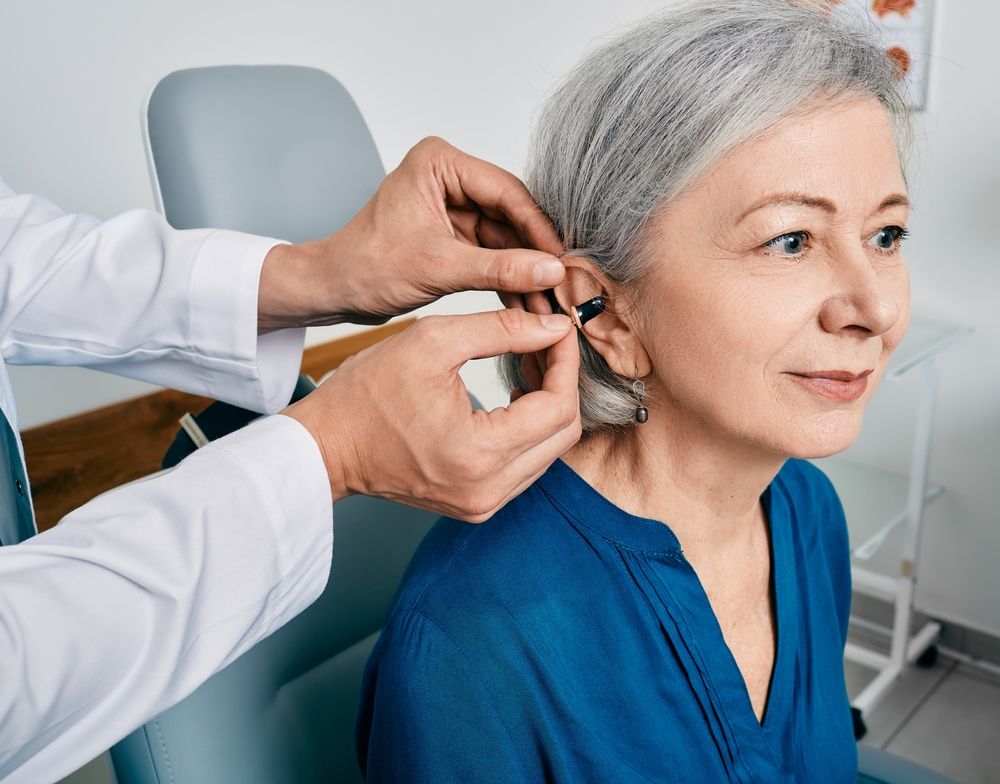
Purchasing your first pair of hearing aids can be a mix of expectancy and uncertainty. Taking the initiative to improve your hearing can have a profound impact, allowing you to participate more completely in discussions, reinforce relationships with friends and family, and restore a deeper connection to the sounds that improve your daily life. With any unfamiliar situation, it’s common to have questions, particularly regarding the comfort of wearing hearing aids and the time needed to get used to them.
Lots of first-time users are uncertain what to expect. Will the devices feel cumbersome or uncomfortable? Will ordinary noises be overwhelming at first? How long will it take to adapt to ordinary sounds? These concerns are normal, but with the correct support and a bit of patience, most people find that hearing aids become a comfortable and natural part of daily life.
As you get through this change, it’s important to comprehend what lies ahead and take proactive steps to decrease any disruption, ensuring a smooth assimilation into your new situation.
What you can anticipate during the first period of adaptation
Do hearing aids cause discomfort? Initially, they may take some getting used to, especially if you’re not accustomed to having objects in your ears. Similar to adapting to a new pair of glasses or adjusting to a wristwatch , it will take a period for your mind and body to become acquainted.
There are two main areas where you’ll discover the biggest changes during the first several days or weeks of use:
Physical sensation
You may experience a feeling of discomfort or strangeness in your ear at first. It is standard and common for many specialists in hearing health to recommend a progressive strategy to using the device, starting with a few hours daily and slowly extending the time. Some minor inconvenience is okay, but pain is not okay. If you experience discomfort or pain from your devices, reach out to your hearing care professional without delay. They can fine-tune the fit or try a different style better suited to your ear shape.
Sound perception
Experiencing day-to-day sounds that were formerly unheard can be one of the most unexpected aspects of adjusting to a new environment. The thrum of the refrigerator, birds singing outside your window, or your own footsteps might seem amplified initially. This is because your brain is learning to deal with a wider range of sounds again.
It may feel overwhelming, but your brain will gradually learn to filter out unimportant background sound and focus on what really matters, like voices and music. This is part of your auditory system “retraining” itself.
Tips to enhance hearing aid comfort and performance
The great news is that there are numerous strategies to help you feel more comfortable and self-assured while adapting to your new hearing aids:
1. Start slowly
Don’t feel pressured to use your hearing aids all day immediately. Begin with one to four hours a day, especially in quieter environments like your home. Progressively build up as you become more comfortable with the feel and sound of the devices.
2. Practice makes perfect
Try wearing your hearing aids while participating in things that help your brain adapt. Engaging in activities like reading along with audiobooks as you read or watching movies taht have subtitles can improve your ability to recognize speech and improve your listening skills in an enjoyable way.
3. Keep communicating with your audiologist.
Fit and performance go hand-in-hand. If you experience any discomfort or notice something off, including the fit of the device or the audio quality, act right away. Your audiologist can calibrate your hearing aids and provide suggestions for improved outcomes. In certain situations, a custom-fit hearing aid might be the best solution for your distinct ear shape and needs.
Welcoming your new hearing experience
You can expect a brief transition time as you get used to using your hearing aids. Through routine usage, diligent maintenance, and assistance from your audiologist, these devices will rapidly become an essential part of your everyday life. Instead of concentrating on the device, you will redirect your focus to the pleasure of enhanced conversations, natural sounds, music, and routine social exchanges.
The path to success depends on perseverance, commitment, and taking charge of your well-being. Pretty soon, your hearing aids will not only improve your hearing experience, but also enhance your total quality of life.
